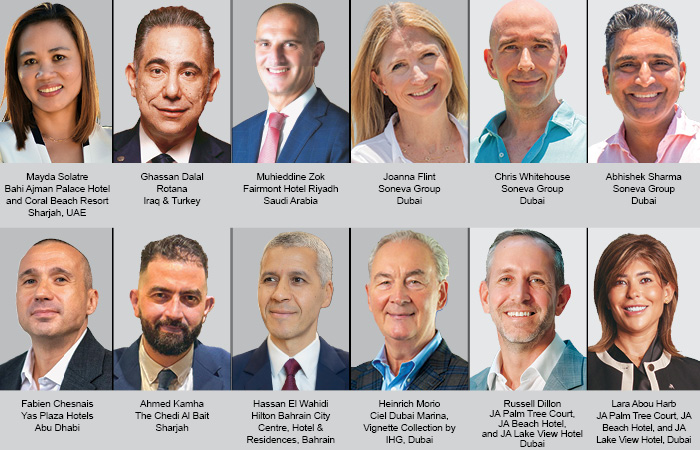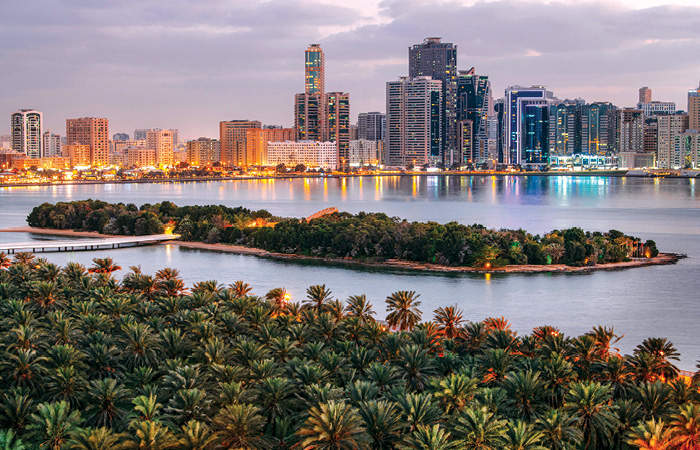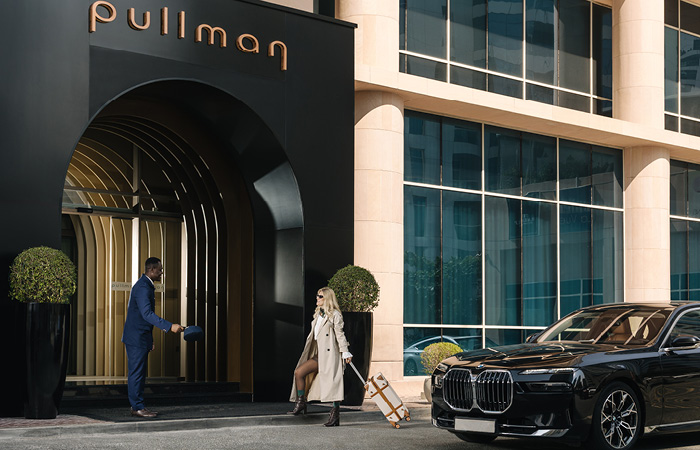As the pandemic started to take hold globally in February, hoteliers began projecting an impact lasting more than a year. Tom Ito, Principal, Gensler talks about what can be done to rebuild the trust of hotel guests and give them confidence to return safely to hotels.
Ample short-term responses to create a safer hospitality experience amidst the COVID-19 crisis are being discussed now. However, we need to focus on long-term measures too. Let’s take a look at what hotels can do to sustain themselves in the long-term.
Continue to be beacons for the community
In the weeks and months since the beginning of the pandemic, hotels have stepped up to serve a higher purpose for their communities. The ‘Hospitality for Hope’ initiative, for example, provides rooms to house healthcare workers, adapt as temporary healthcare spaces, and house the unsheltered.
Post-pandemic, we can expect hotels to embrace an even stronger sense of social responsibility as they engage and welcome back their communities.
Think local first
In the immediate future as the country begins to reopen, hotels will be the hub that welcomes their communities with activities, events, and local hospitality. Until people become comfortable again with airline travel, we’ll see an initial focus on local and drive-to destination travel, reinforcing the importance of localisation and community connections.
Promote a culture of safety
Hoteliers must balance safety measures with a sensibility that helps guests feel welcome and at ease. Some measures will be tangible and immediate — things like touchless technology, keyless entry, and mobile payments that are tied to the individual guest. Other measures such as air filtration systems, UV light sources, disinfecting sprays, healthy materials, and new housekeeping protocols will communicate to guests that
their safety is a primary concern.
Lean into human connection
As technology, digital interfaces, and mobile connectivity become more prevalent, we have to remember that human interaction creates the memorable moments hotels are known for. There’s still nothing more comforting than a friendly face and a warm smile.
Prioritise well-being
The COVID-19 pandemic has shown us that a sense of safety speaks to our overall well-being. Hotels have already made great efforts to create wellness programmes. As in the workplace and aviation sectors, we can expect well-being and health to go further and become the standard of a hotel stay.
Build-in resilience
There is no denying that people eventually will resume travelling and return to hotels. What’s also likely is that a new crisis will emerge someday, demanding that hotels be ready. The pandemic experience gives us the opportunity to rethink the future of hospitality. How can we create spaces that are flexible and support a business model that is responsive to the next crisis? Can meeting spaces be resilient enough to host a wedding or convention, but serve as a medical triage space in a future emergency? This type of agility can provide a real value for hotels and their communities.
 TravTalk Middle East Online Magazine
TravTalk Middle East Online Magazine





